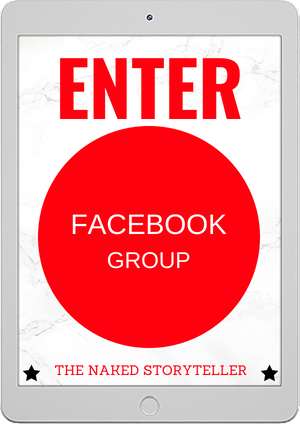Recently, I found myself thinking about the nature of addictions. What purpose are they serving? Are they serving the same purpose no matter the form they take? The answer is yes.
Do you smoke? Drink too much? Overwork? Shop too much? Pop prescription drugs? Street drugs? Are you addicted to sweets? Caffeine? Overeating? Excessive exercising? Gambling? Your computer or smart-phone? Toxic people, relationships, work places, social scenes?
Are you doing things that numb you, take the edge off, help you forget (at least temporarily)? Or do you seek out substances, people, situations or activities that make you feel (manically) alive? Are you a thrill seeker or more likely to find ways to hide?
Some of these potentially addictive behaviors, done in moderation, can be just fine. Certain things are necessities for your health. Eating right, exercising regularly, and doctor-supervised medication regimens for legitimate ailments are beneficial and necessary. Does it really hurt to treat yourself to a special purchase once in a while if you can afford it? Does the occasional chocolate sweet matter if you don’t struggle with weight or cavities?
The real question to ask yourself is: Am I controlling what I put into my body, my mind, my life – or is it controlling me?
Facing addiction takes guts. Working through addiction involves a struggle. Releasing the addiction for good is what freedom is all about.
I remember being a smoker when I was in college. I had a pack a day habit. I’d sit in class wondering when I could get out and get my fix. I wasn’t present in the class, soaking in the new information or growing intellectually; I was in my own head, caretaking my addiction, and living in the future – at least up to the point of my next smoke.
Years later tragedy struck my family. I remember being single and depressed, but still, I would drag myself out of my apartment to hike. Hiking is a good thing, right? I would get in a great hike, but my addiction to numbing out kicked in soon after. One time, I bought a bag of chocolate-chip cookies and ate the entire bag during the half-hour drive home.
The sugar high numbed my feelings for a while. As that wore off, though, I was using my overeating as an excuse to beat myself up for my lack of discipline. So, to relieve the guilt I was feeling, I went to the gym to work off the cookies, and ended up injuring my knee by over doing it.
It’s a cycle of self-abuse. It has to be broken. Left unchecked it will take on a life of its own, while taking over your life, or eventually taking your life altogether.
Here’s where forgiveness comes in.
I couldn’t stop the beast of addiction while I loathed myself. In my case, I lived with profound remorse for my inability to save my mother’s life. Although I had nothing to do with my mother’s death, I felt I could have done something to stop what happened to her. This was totally illogical, but it felt true.
I couldn’t stop abusing myself, because subconsciously I didn’t want to feel good, feel pretty, and feel like I was in great shape. With my mother gone, I believed I didn’t deserve anything good for myself. The unhealed subconscious part of me was driving my choices and behaviors to a place where I was most comfortable, and comforted. When I was tired, numbed out and invisible, I felt safe and protected. My guilt, shame and profound sadness made me want to hide, disappear, and cease to live.
Can you tap into a part of yourself that can see a better life? Is there something in you that wants to live in the light again?
I had a part of me that could touch that light—it was the part that made sure I left the apartment and got into nature. Eventually, I realized that despite the loss of my Mom, she was still alive in my heart and with me always.
Look at when your addiction started. Look at the relationships around you at the time. What was working and what wasn’t? What were you trying to cover up? A sense of shame? Not being good enough? Not feeling in control?
If you can stop practicing your addiction, even for a few hours, a few days, a few moments, then you have started to take back your control over your own life. You will start to regain your ability to choose. It is from this place that you can go deeper into the “True You”. The person you were created to be in your truest form lives free from the choices, behaviors and addictions that have helped you to hide or to falsely feel alive for so long.
There are many programs out there to help support you in your journey to change your self-defeating patterns of behavior and I encourage you not to do it alone. Google a 12-Step Program in your area and show up at a meeting. They could refer you to a medically supervised treatment program (if that’s what you need). You might seek out a spiritual healer in order to tap into a power larger than your own willpower; you might add yourself to a prayer list.
Know that you aren’t alone in your struggles.
Learn from your poor choices and self-destructive actions. Release the past. Forgive yourself for the mistakes you made. Get present. Now, start living again in freedom.
Want to reprint this article in your ezine or website? You may, as long as it remains intact and you include this complete blurb with it: Brenda Adelman, MA in Spiritual Psychology, referred to as The Queen of Forgiveness, teaches people who have a lot to offer but are stuck, how to become present, enjoy more success and peace in their relationships and lives by letting go of old and new resentments using the art of forgiveness. For FR*EE tips on how to finally be happy and free visit www.forgivenessandfreedom.com.


